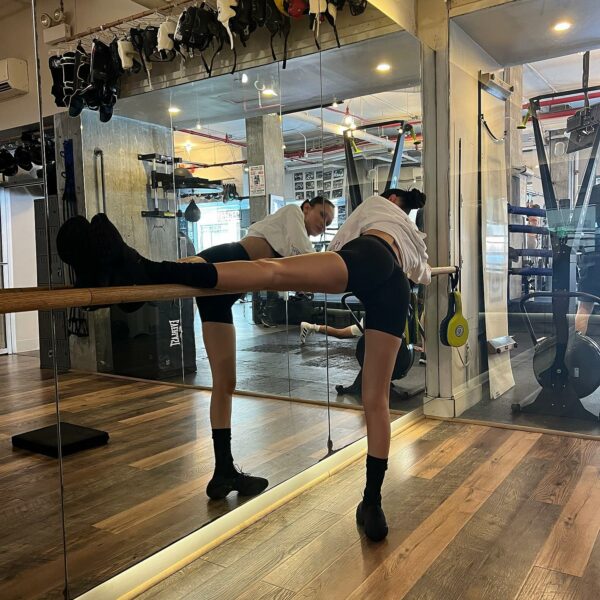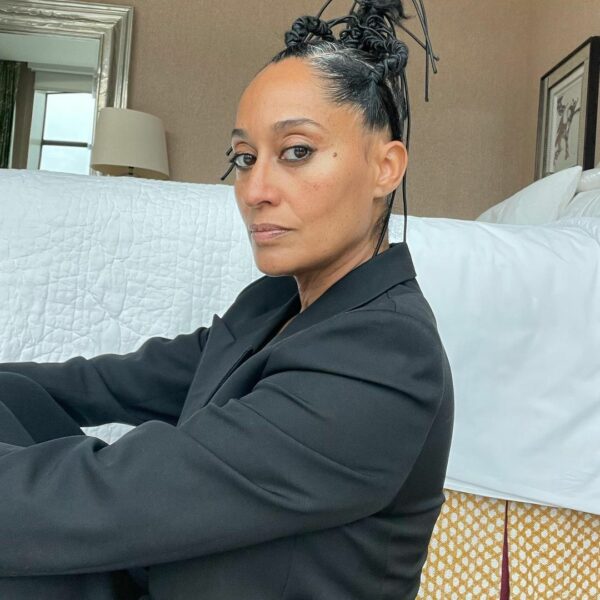If you’re in a relationship with someone who’s emotionally unavailable, chances are you’re feeling pretty destabilized at all times. Your partner is likely always keeping you at arm’s length. You feel as if you can’t talk deeply about the relationship itself, or about what you need or want, and most definitely not about where the two of you, as a couple, are headed. It’s as if you’re walking on relational eggshells, not knowing what could send your person bolting or emotionally walling up, should you close in on anything remotely confronting for them. And because you want clarity and a sense of security in the relationship, you become the pusher, and they in turn, the runner.
It’s a challenging power dynamic for sure, when you’re negotiating entering into a committed relationship with an emotionally unavailable person. And if you’ve managed to get past go, and your relationship is well underway, you probably feel yourself dancing, constantly taking their emotional temperature, gauging their reactions for fear of being shut out. It can feel like a hellish relational paradigm.
For clarity’s sake, let’s not mistake an emotionally unavailable person for a narcissist, which is a personality disorder that’s pretty rare and requires a clinical diagnosis. Narcissism has become a pop-culture term that’s been irresponsibly bandied about in the relationship world. Emotional unavailability is a better title to describe being with someone who is always setting the terms, withdraws emotionally and physically when you get too close for fear of being vulnerable, and cannot hold space for your emotions. It all ends up being definitively one-sided, with you always having to accept that they cannot meet you on that same intimate playing field—with you most likely feeling angry, lonely, invalidated, and rejected.
Lo and behold, over time, this can, of course, lead to you being depressed and anxious. And yet, you still want to be with them. It’s not always as easy as saying “this isn’t working” and walking away. Maybe understanding who they are, and why you’re in it, is what can help you become more comfortable within the instability, or help you decide if it’s time to let go and move on. Let’s explore.
Here’s the emotional unavailability checklist:
– They don’t share experiences, deep thoughts, or emotions.
– They deflect from themselves by asking about you constantly.
– They often make excuses about not getting together or are prone to cancelling plans.
– They can be dismissive of your emotional states and even make fun of you by calling you “intense.”
– They have a long history of failed relationships.
– They call the shots: they tend to choose what you do when you’re together, preferring to stay in their routine to control outcomes.
– They tell you outright they struggle to connect with others and they aren’t ready for a serious relationship.
– They are extremely analytical—they focus on facts of an issue and never talk about feelings around it.
– They avoid social situations outside of work for fear that interpersonal connections might strengthen.
– They can seem cold and distant and “above it all” or “too cool for school.”
– You do all the heavy lifting in the relationship.
– You never seem to grow closer, and they avoid naming what you are together.
– They are most often high functioning and demanding of themselves and their place in the world.
– If they do have children, they are unnaturally hyper-focused on them, bordering on obsessive (it’s safe for them to express love because kids won’t leave, ridicule them, hurt them, etc.).
First off, their emotional unavailability isn’t your fault. For them, the unconscious idea is that if they can block their feelings, they can block out their pain. They have a hard time receiving love and deep emotions from others across the board, but especially intimately—and that’s the heartache for you. It’s about them being in control, and feelings are an abyss into which they fear they can get lost.
Ruling out they’re “just not that into you”—that they’re keeping you at a distance because they simply don’t feel the depth of feeling you have for them yet—there’s a reason they are this way. They most likely weren’t taught to feel comfortable with their emotions growing up, or worse, they were shamed for having them. They might have been burned in a past relationship so are wary of opening up now, or they have some history of unresolved trauma—any and all of these reasons boil down to FEAR and lack of trust. And these are going to be tough for you to help them resolve when the relationship is triggering both of you.
Oftentimes we think, “If I just love them through this, they’ll know it’s safe to open up to me.” You very well might, at some point, wear them down. But at what cost to you? The deep healing will happen when they are willing to walk through their past with a qualified therapist, so that they get to the root of why they can’t show up for you, or anyone else for that matter, on a very real emotional level. This is their work. If they’re not willing to do it, you will keep pushing and pulling with them until you exhaustedly bottom out, so maybe you can think of moving on as an act of radical self-care.
But I want to leave you with this: if you’re calling in an emotionally unavailable partner, and you believe “we attract where we’re at,” then what part of you is withholding love from yourself? Where do you feel you don’t deserve to be loved, or for someone to show up in their full self to cherish and honor all that you are right now? These are questions to contemplate and go deeper with, in the context of your relationship to yourself. Somewhere YOU might feel safe being with someone who can’t really get this thing off the ground, because you’re as scared as they are, for your own reasons that are well worth excavating. Food for thought.
Poosh Edit: Best of Bedroom Essentials

Ryan Haddon, ACC, CH, is a certified Life and Spiritual Coach, as well as a hypnotherapist. She works remotely with clients globally, helping them create their best life. You can follow her on IG @ryanhaddoncoach or visit her website www.ryanhaddon.com.





































